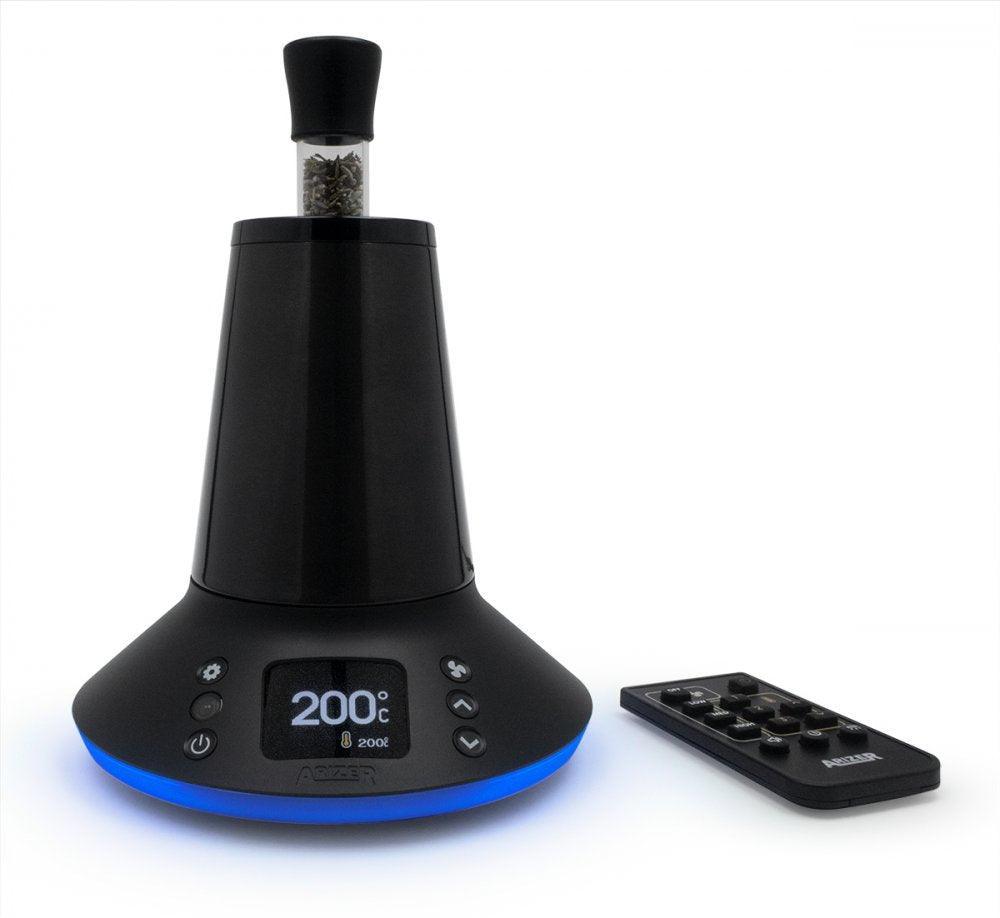Smoking is a notoriously challenging habit to break, with millions of individuals around the world struggling to quit cigarettes despite being well aware of the associated health risks. This is widely due to the addictive grasp nicotine has on you. Fortunately, there is growing interest in alternative methods to help people quit smoking, and one substance that has gained attention for its potential in this regard is cannabidiol (CBD). CBD is a non-psychoactive compound found in cannabis plants and is being explored for its various therapeutic properties. In this article, we will delve into the potential benefits of using CBD as a smoking cessation aid.
Understanding the Smoking Habit
Before we explore the potential of CBD in helping individuals quit smoking, it's essential to understand the nature of the smoking habit itself. Smoking is not just a physical addiction, but also a psychological one. The physical addiction is driven by nicotine, a highly addictive compound found in tobacco, while the psychological addiction is associated with the ritualistic and emotional aspects of smoking.
- Nicotine Addiction: Nicotine is a highly addictive substance found in tobacco products, including cigarettes, cigars, and smokeless tobacco. When a person smokes, nicotine is rapidly absorbed into the bloodstream, leading to pleasurable sensations and increased alertness. Over time, the body becomes dependent on nicotine, leading to cravings and withdrawal symptoms when attempting to quit.
- Physical Dependence: Nicotine addiction leads to physical dependence, which means the body has adapted to the presence of nicotine and requires it to function normally. When a smoker tries to quit, they often experience physical withdrawal symptoms, such as irritability, restlessness, headaches, and increased appetite. These symptoms can be very uncomfortable, making it difficult to quit.
- Psychological Dependence: Smoking is not just a physical addiction; it's also a psychological one. Many smokers associate cigarettes with specific activities or emotions. For example, some may smoke when stressed, after a meal, or during social gatherings. These associations create a strong psychological dependence on smoking as a coping mechanism or as part of daily routines.
- Behavioural Rituals: Smoking often involves a series of rituals and habits that become deeply ingrained in a smoker's daily life. These rituals can include lighting a cigarette, taking a break at work to smoke, or socializing with other smokers. Breaking these habits can be challenging because they have become intertwined with daily activities.
- Stress and Emotional Coping: Many smokers turn to cigarettes as a way to cope with stress, anxiety, sadness, or boredom. The act of smoking may provide a temporary sense of relief or distraction from negative emotions. This emotional reliance on smoking can make quitting particularly difficult.
- Social Factors: Smoking is often a social activity, and individuals may start smoking or continue to smoke to fit in with a particular group or to bond with friends who smoke. Social pressure can contribute to the maintenance of the habit.
- Environmental Cues: The environment can play a significant role in reinforcing the smoking habit. Smokers may be triggered to smoke when they encounter familiar situations, places, or people associated with smoking.
- Nicotine Tolerance: Over time, regular smokers often develop a tolerance to nicotine, which means they need to smoke more to achieve the same pleasurable effects. This can lead to an escalation in smoking frequency and quantity.
- Relief from Withdrawal: While nicotine withdrawal symptoms can be uncomfortable, smokers often find immediate relief by lighting up a cigarette. This reinforces the cycle of addiction, as smokers associate smoking with alleviating discomfort.
- Long-term Health Risks: Despite being aware of the health risks associated with smoking, many individuals struggle to quit due to the powerful addiction and the belief that quitting is an insurmountable challenge. This perception can deter individuals from attempting to quit
Successful smoking cessation often requires addressing both the physical and psychological aspects of the addiction, while providing adequate support to manage withdrawal symptoms and develop healthier coping mechanisms.
The gold standard advice for quitting smoking is to begin with one or two forms of nicotine replacement therapy products, such as nicotine patches and nicotine strips. This is to tailor the body off the multitude of other chemicals found in a burning cigarette, before attempting to cease nicotine altogether over a period of 3 to 6 months.
In the remaining section of this blog post, we will explore using CBD as a harm a reduction approach to ceasing using nicotine based products.
How CBD Works
CBD interacts with the endocannabinoid system (ECS) in the human body, a complex network of receptors and neurotransmitters that plays a crucial role in maintaining homeostasis. CBD doesn't produce the psychoactive effects associated with its cousin, tetrahydrocannabinol (THC). Instead, it is believed to have various therapeutic properties, including antianxiety, anti-inflammatory, and potential pain-relieving effects.
CBD's Potential in Smoking Cessation
CBD is being studied for numerous conditions from addiction, pain and neurological conditions. One of the more studied areas is using CBD, an anxiolytic, in combating anxiety and stress. Since anxiety and stress are one of the main causes of failed tobacco cessation, this makes CBD a potential form of nicotine replacement therapy (NRT)
Below are some of the findings in using CBD to stop/reduce smoking;
- Reducing Nicotine Cravings: One of the most challenging aspects of quitting smoking is dealing with nicotine cravings. Some studies suggest that CBD may help reduce these cravings. A 2013 study published in the journal Addictive Behaviours found that smokers who used an inhaler containing CBD smoked fewer cigarettes compared to those who used a placebo inhaler, "those treated with CBD significantly reduced the number of cigarettes smoked by ~ 40% during treatment."
- Anxiety and Stress Management: Anxiety and stress are common triggers for smoking. CBD has been researched for its potential to reduce anxiety and stress levels. By promoting relaxation and reducing anxiety, CBD may help individuals cope with the emotional aspects of quitting smoking. "CBD has consistently demonstrated acute reduction in anxiety-related symptoms in patients, specifically within General Anxiety Disorder and Social Anxiety Disorder."
- Addressing Withdrawal Symptoms: Nicotine withdrawal symptoms, such as irritability, insomnia, and mood swings, can be significant barriers to quitting. CBD's calming effects may alleviate some of these symptoms, making the quitting process more manageable.
- Breaking the Ritual: Smoking often involves rituals and habits that are deeply ingrained in a person's daily life. CBD may help disrupt these rituals by providing an alternative and healthier way to unwind or relieve stress.
- Minimizing Relapse Risk: CBD's potential in reducing cravings and managing withdrawal symptoms may help reduce the risk of relapse, which is common among those trying to quit smoking.
It's important to note that research on CBD's role in smoking cessation is still in its early stages, and more extensive clinical trials are needed to establish its effectiveness definitively. Additionally, the effectiveness of CBD in quitting smoking may vary from person to person, as individual responses to CBD can differ.
Suggestions
We suggest finding what works for you when it comes to using CBD. These days, you are spoiled for choice of how you can get the most out of CBD products. Here at cannabis clinics Malta, we have numerous forms of CBD to help you get through this. Check out the Enecta CBD range, a company really trying to improve accessibility to all CBD users.
Enecta CBD products Click Here.
Conclusion
While more research is needed to fully understand CBD's role in smoking cessation, there is promising evidence to suggest that it may help individuals quit smoking by reducing cravings, managing anxiety and stress, and addressing withdrawal symptoms. If you're considering using CBD to help you quit smoking, it's essential to approach it as a part of a comprehensive smoking cessation plan that may include counselling, support groups, and other resources. Ultimately, quitting smoking is a challenging journey, and exploring potential aids like CBD under the guidance of a healthcare professional may be a step in the right direction for those looking to kick the habit.
















